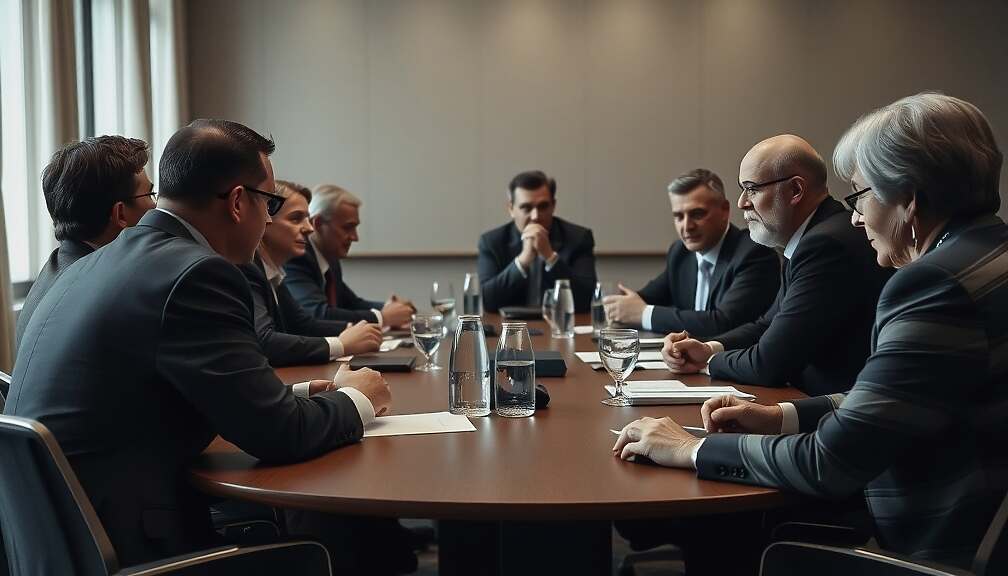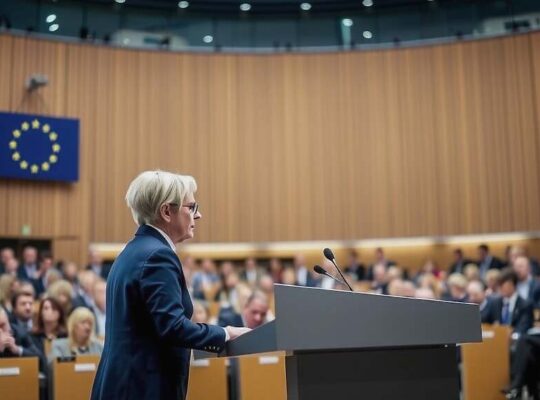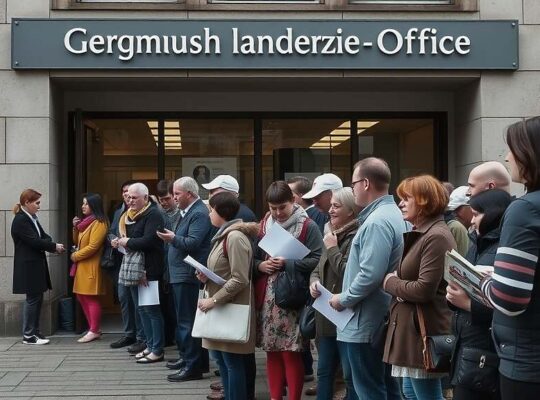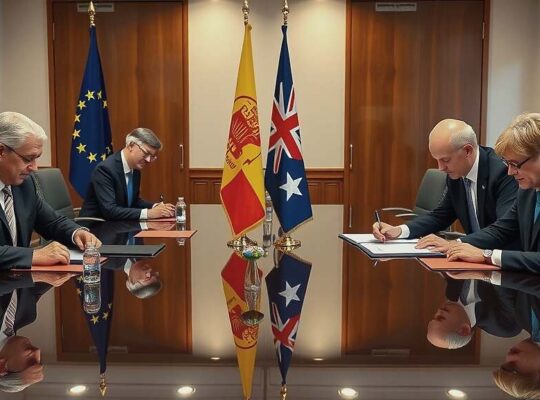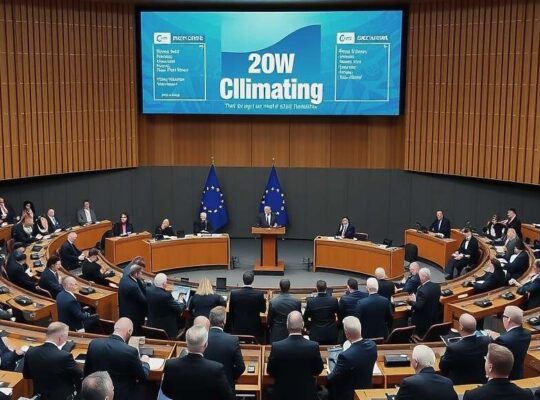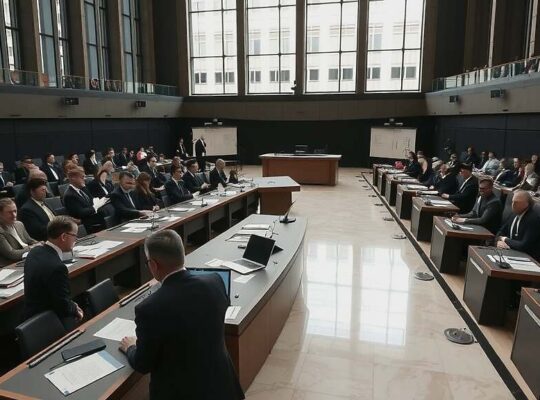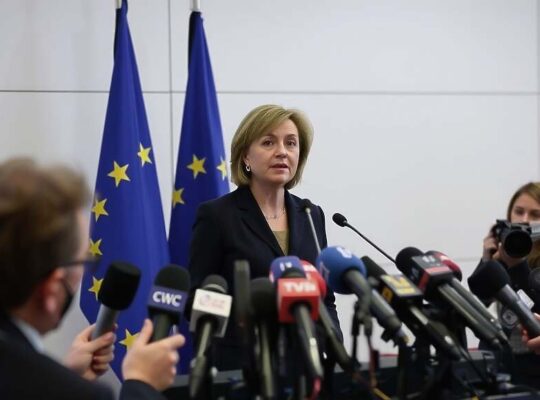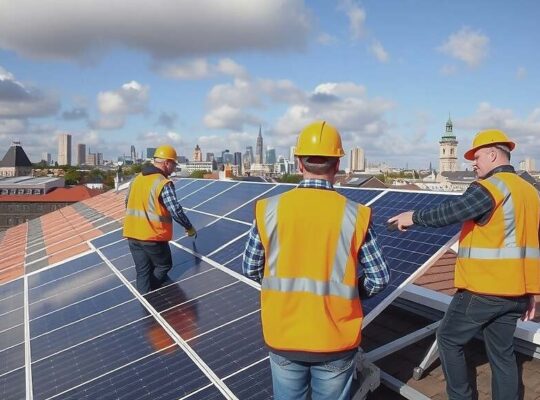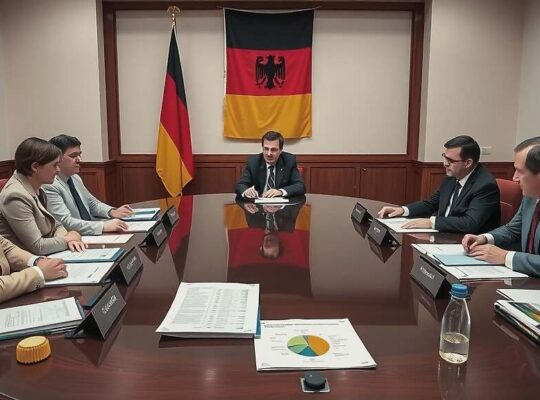The European Council meeting in Brussels concluded Thursday with a significant pushback against the European Commission’s ambitious climate action plans. Heads of state and government issued a joint statement signaling a reassessment of multiple key measures, raising questions about the EU’s commitment to its climate targets and exposing divisions amongst member states.
A central point of contention revolves around the proposed expansion of the EU Emissions Trading System (ETS) to include buildings and transport – designated ETS-2. Several member states, particularly those without existing CO2 pricing mechanisms in these sectors, voiced strong resistance to the planned implementation starting in 2027. Concerns center on the potential for dramatic price increases for fuel and heating, impacting citizens and businesses alike. The Council formally requested the Commission to revise the plans, evaluating “all relevant aspects” of the rollout, suggesting a potential delay or scaling back of the initiative. While the mechanism itself-limiting and decreasing CO2 certificates to incentivize decarbonization-remains largely intact, the pressure to ease the transition is palpable.
Beyond ETS-2, the Council also endorsed a strategy of relying increasingly on ‘credits’ generated through climate mitigation efforts in other countries to help the EU meet its 2040 climate targets. This shift towards external offsets underscores a growing reluctance amongst some member states to shoulder the full burden of decarbonization domestically, raising concerns about the integrity and effectiveness of achieving the EU’s intended emission reductions. Critics argue this constitutes a weakening of the EU’s leadership in climate action and risks undermining the principle of shared responsibility.
Furthermore, the Council demanded a swift revision of the proposed CO2 fleet emission standards for new vehicles. Currently slated to mandate a gradual decline in emissions, culminating in a ban on sales of new vehicles with any CO2 emissions from 2035, the regulations are facing scrutiny. Notably, the Council urged the Commission to embrace “technological neutrality” a veiled reference to the challenges faced by vehicles with internal combustion engines in meeting the rigorous standards. This demand signals a potential opening for exemptions or adjustments to the regulations that would allow vehicles utilizing technologies beyond electric power to remain on the market.
The Council’s directives represent a significant political challenge to the European Commission and highlight the fractured consensus surrounding the EU’s climate policy agenda. The revised proposals are expected to trigger further debate and potentially dilute the ambition of the EU’s climate objectives, prompting questions about the long-term trajectory of European climate leadership and the bloc’s ability to meet its increasingly stringent commitments. The requested revisions are likely to be met with criticism from environmental groups, who will argue that these concessions represent a betrayal of the EU’s climate responsibilities.


